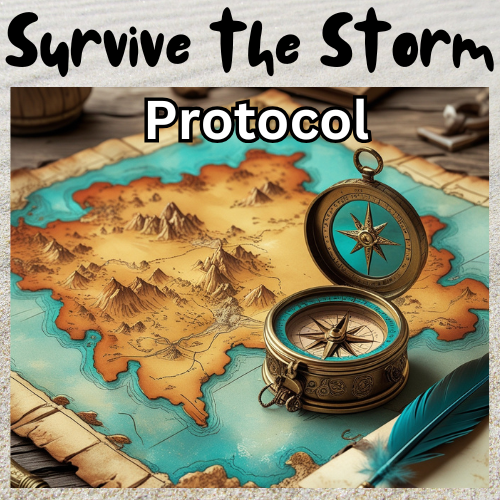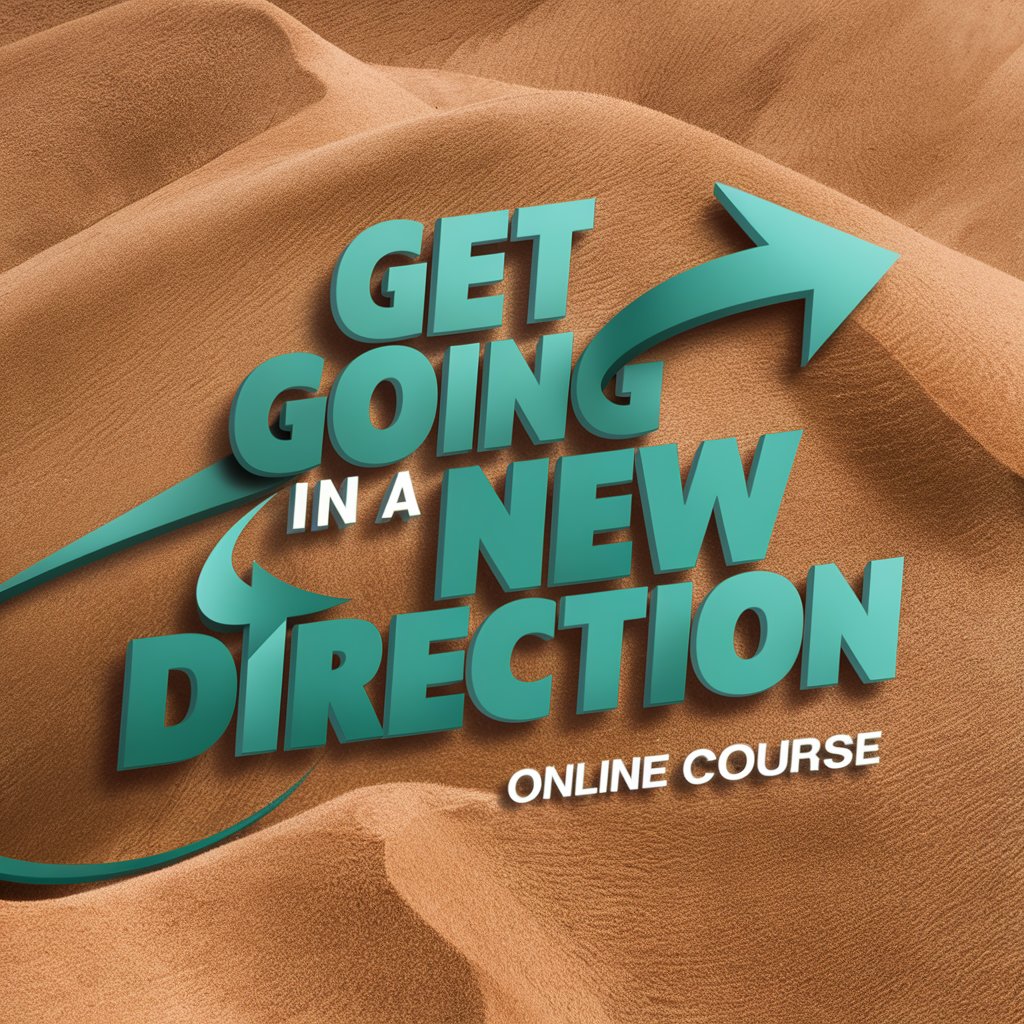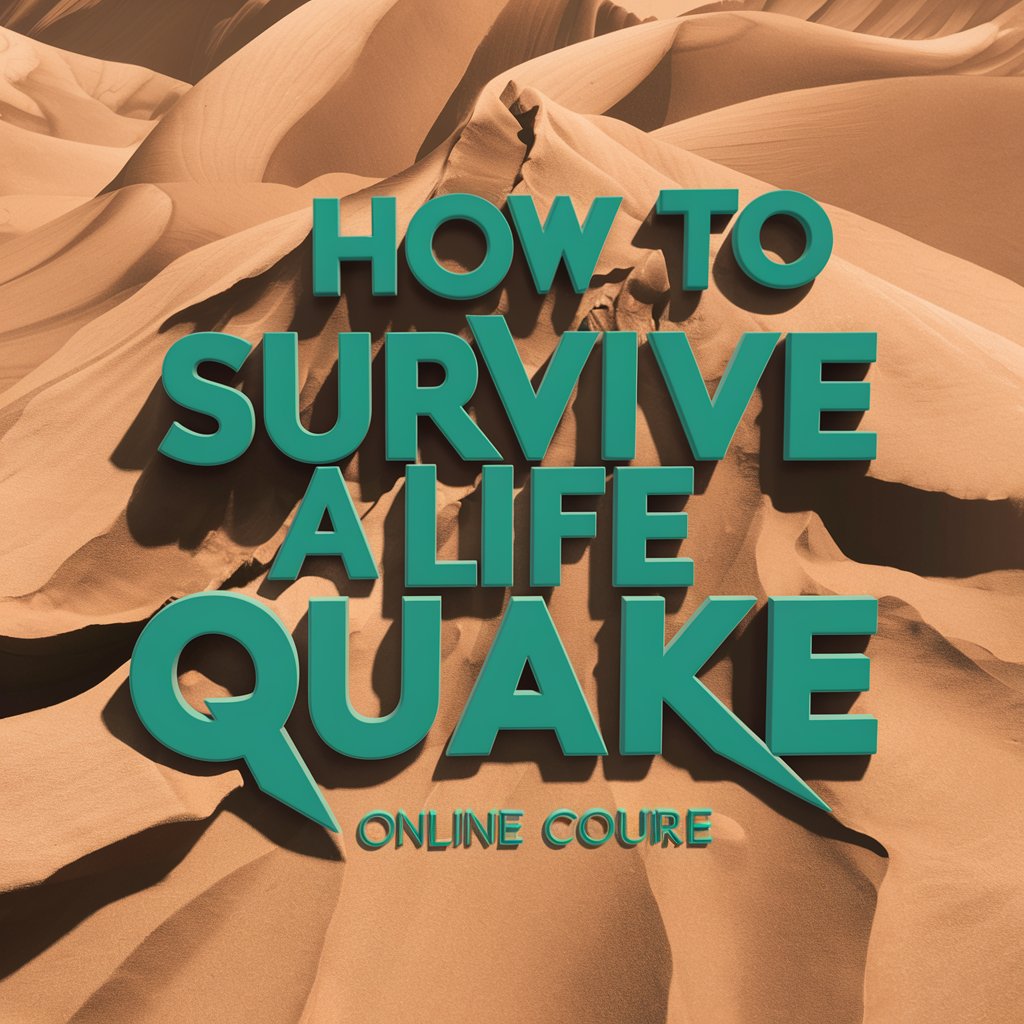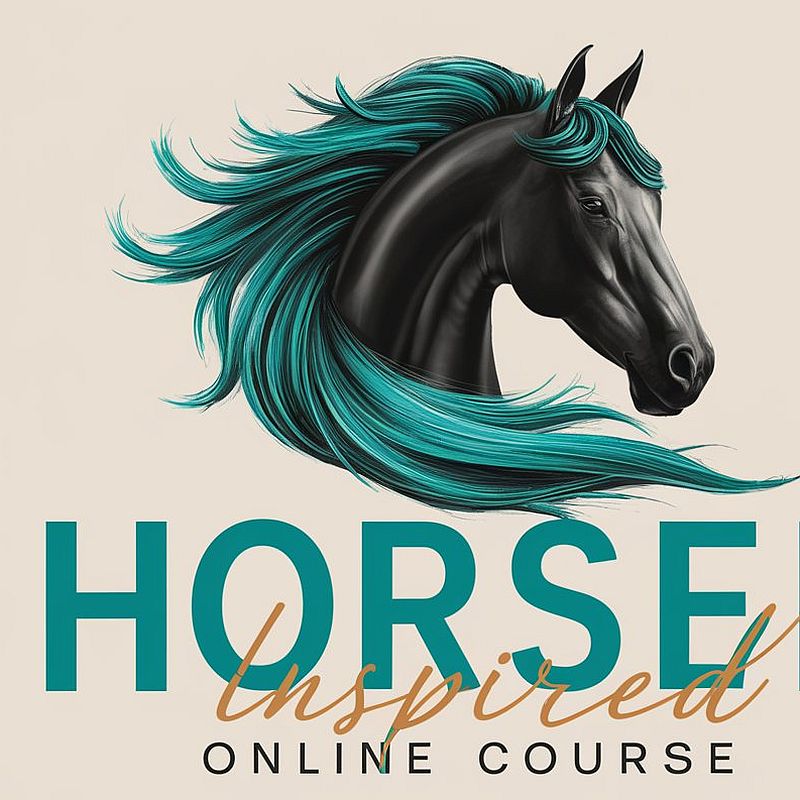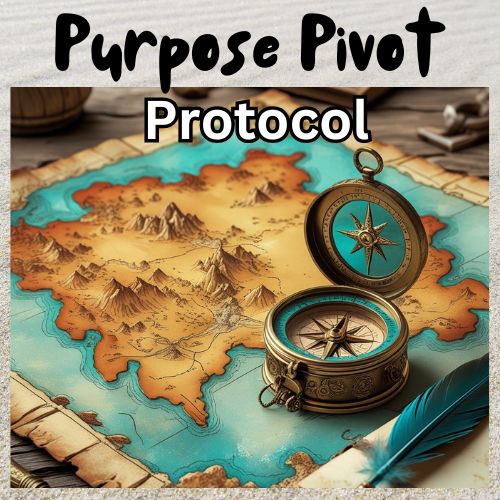2025: A Year of Possibilities
As we approach the start of 2025, I am reviewing 2024—the good, the middling and the downright disastrous. It has been a year of stratospheric highs and mind-scrambling lows. Why is it that the struggles, disappointments, regrets, unmet expectations and failures are still clinging to me like invisible weights, dragging my spirits down? I have decided that it’s time to release them—time to write them down on paper, then tear up the paper or burn it safely as a symbolic act to remind myself that the past does not define my future.
Because 2025 is a clean slate—a chance to let go of the baggage that’s been weighing us down and holding us back and step into the future with courage, determination and intention. 2024 might have been a difficult year, but it was also a year of discoveries. I have learnt a lot, and I am taking my business in a whole new direction as a result.
Why Letting Go Matters
Think about this for a moment: how much mental energy do we spend rehashing the past? Whether it’s reliving mistakes we made, holding onto grudges, or worrying about things we can’t change, those thoughts take up a lot of space in our minds and hearts.
The truth is that mistakes and failures are part of life—but they don’t have to define us. Every mistake we make teaches us something valuable. Maybe 2024 wasn’t everything you hoped it would be. Maybe you didn’t realise all (or any) of your goals, or a dream didn’t pan out the way you wanted. That’s okay. Those experiences were stepping stones that helped you grow, even if it didn’t feel like it at the time.
Letting go doesn’t mean forgetting. It doesn’t mean pretending that the hard stuff didn’t happen. It means choosing to stop lugging it around.
How to Let Go
So, how do we actually let go? It starts with reflecting on the past year in a kind and honest way. Take some time to think about these questions:
- What went well in 2024? What are you proud of?
- What didn’t go as planned, and what did you learn from it?
- What do you need to leave behind to make space for new growth?
When you reflect like this, you’re not beating yourself up—you’re learning. Maybe you realise you’ve been too hard on yourself or that you’ve been carrying someone else’s expectations instead of your own dreams. Recognising those things is powerful because it allows you to release them.
Forgive So That You Can Move Forward
Another big part of leaving the past behind is forgiveness. This might mean forgiving someone who hurt you or forgiving yourself for mistakes you’ve been holding onto. Let’s be real—none of us are perfect. We all mess up. But holding onto anger, regret, or guilt only ties us to the past.
Think of forgiveness as cutting a cord. When you let go of those negative emotions, you’re freeing yourself. It’s not about letting someone “off the hook”; it’s about giving yourself the peace you deserve.
Setting Intentions for 2025
Once we’ve let go of the past, we get to turn our attention to the future. And here’s where I think we often go wrong with New Year’s resolutions: we make them too rigid, too big, or too rooted in perfection. I have never been very good at keeping New Year’s resolutions, and although I totally understand how effective setting SMART and even SMARTER goals can be, I have never been able to make it work for me.
So, instead of saying, “I’ll exercise 5 days a week for 30 minutes” or “I’ll save X amount of money by July 2025,” what if we set intentions that are more about how we want to feel or who we want to become? For example:
- “I want to be healthier, sleep better and feel more energised.”
- “I want to make choices that support my long-term happiness.”
- “I want to be kinder to myself and others.”
Keep it simple, and focus on growth, not perfection. And when you anchor your goals in something meaningful, you’re more likely to stick with them.
In fact, one of the most precious gifts you can give yourself in 2025 is simplicity. Imagine stepping into the year as if you’re boarding a plane to a dream destination. What would you pack in your carry-on?
- Pack: gratitude, kindness, curiosity, and resilience.
- Leave behind: fear, self-doubt, anxiety and toxic comparisons.
The “One Word” Challenge
Instead of your list of New Year’s resolutions filling a 700-page book, try the “One Word” challenge—a no-fuss, feel-good way to set the tone for your year without getting bogged down by an endless to-do list.
Instead of trying to do all the things and be everything to everyone, pick one single word to guide you in 2025. Think of it as your compass—a word that keeps you steady, going in the right direction, focused, and inspired, no matter what curveballs life throws your way.
Not sure what your word should be? Here’s some inspiration:
- If 2024 felt like a horror movie starring fear: Your word could be courage. Picture yourself braving new challenges, taking leaps of faith, or simply speaking up when it matters.
- If you felt stuck, like a car spinning its wheels in the mud: Try motivation. Or momentum. This word is all about baby steps—tiny moves that build big energy over time.
- If 2024 was more “hot mess express” than smooth sailing: Consider insight. Or integrity. This might mean creating space for work and play, saying “yes” less often, and finding your calm in the chaos.
Once you’ve found the word that clicks, make it impossible to ignore. Write it on your bathroom mirror in lipstick or dry-erase marker. Use it as your phone’s lock screen wallpaper. Doodle it in the margins of your notebook. You could even turn it into some artsy DIY project (think embroidery, print art, or even a clay charm) if you’re feeling crafty.
The beauty of this challenge? Your word doesn’t come with deadlines or a guilt trip. It’s there to remind you of what matters most when things get tough or life feels a little too loud.
So go ahead—ditch the mile-long resolution list and pick your word for 2025. One word, endless possibilities.
Strengthening Connections in 2025
As we move into 2025, gather your people around you. Use 2025 as a year to deepen your connections—with loved ones, with your community, and with yourself. Because we are all threads in a larger tapestry, and our strength often lies in the bonds we weave with others – bonds that make life richer, more vibrant, and more meaningful.
Reconnect with Loved Ones
Let’s start with the people who’ve shared your journey. Maybe you’ve been meaning to text that old friend, the one who always knew how to make you laugh but somehow drifted out of your orbit in 2024. Reach out—whether it’s a heartfelt message, a coffee date, or a quick call to say, “Hey, I’ve missed you.” Chances are, they’ve missed you too.
For those closest to you, like family or your inner circle, prioritise quality time. It doesn’t have to be extravagant—game nights, Sunday brunches, or even just a walk in the park can tighten bonds. Let them know they are important to you, and that what happens to them matters.
Cultivate Community Connections
Look around you—your neighbourhood, workplace, or local groups are full of opportunities to make new friends and weave threads into your social tapestry.
- Volunteer your time: Whether it’s a local shelter, a food bank, or a cause you’re passionate about, volunteering can connect you with people who share your values while making a tangible impact.
- Join a group or class: From book clubs to yoga sessions to painting workshops, stepping into a community space can spark connections with like-minded souls.
- Be a good neighbour: Sometimes, a simple smile, a friendly hello, or lending a hand to someone nearby is all it takes to feel more connected.
Reconnect with Yourself
Amid all this connecting, don’t forget the most important relationship of all—the one you have with yourself. Often, we’re so focused on others that we lose touch with our own inner world. Let 2025 be the year you turn inward with courage, compassion and curiosity.
Grab a notebook and let your thoughts spill onto the pages. Journaling isn’t just for writers; it’s a safe space to reflect, process emotions, and discover patterns in your life. You might find clarity on things that have been weighing you down or realise just how much you’ve grown.
Use this journaling prompt to get you going: The Three Questions: Letting Go of 2024
- What am I proud of achieving in 2024? Think about your victories, big or small. What challenges did you overcome? What life transitions did you survive? What lessons are you taking with you into 2025?
- What do I need to let go of that happened in 2024? Write down the worries, mistakes, failures or disappointments – get them out of your mind and onto the page. Once done, you can burn the page.
- What intentions do I want to set for 2025? Picture the person you want to be in the coming year. What values, habits, or mindsets will guide you? What would make 2025 feel meaningful, fulfilling and joyful?
End the exercise by writing a simple affirmation or mantra that resonates with you, such as:
“I am free from the past, open to the future, and grounded in the present.”
Weaving the Bigger Picture
It’s easy to feel isolated in a world that often celebrates independence and self-sufficiency. But here’s a truth worth remembering: none of us exist in a vacuum. We’re all threads in a larger tapestry, interconnected in ways we don’t always see and rarely appreciate.
When life feels overwhelming, lean on your network. Call a friend, confide in a mentor, or join an online community where you feel safe, seen and understood. The bonds you nurture, no matter how tenuous, ripple outward in unimaginable far-reaching ways.
In 2025, maybe “connection” will be your word? Because when we move forward together, we’re capable of so much more.
Imagine 2025
Here’s a little exercise: imagine 2025 as a blank canvas. Or a journal filled with blank pages. Maybe it’s a year where you chase that dream you’ve been putting off. Maybe it’s a year where you let go of the pressure to always be “more productive.”
Whatever you envision, know this: you don’t have to have it all figured out. You don’t need to wait for the perfect moment. Every single day is a chance to start fresh.
Even if you stumble, even if things don’t go as planned, you can begin again. Growth isn’t about getting everything right the first time—it’s about showing up, making mistakes, learning from them and trying again.
A Year of Possibility
So, as we say goodbye to 2024, and prepare to welcome 2025, there’s an unspoken promise in the air—a clean slate, a fresh chapter, and the chance to rewrite the story of our lives. For many of us, 2024 carried its share of worries, failures, and setbacks. Yet, as we step into a new year, we are gifted with an opportunity to leave behind what no longer serves us – the worries, the regrets, and the things we can’t change – and embrace the boundless possibilities of what could be.
This year, let’s choose to believe in the power of fresh starts. Let’s trust that we are capable of growth, that we deserve happiness, and that we can build a future we’re proud of—one step at a time.
My word, or rather two words, for 2025 is “countless possibilities.”
Here’s to 2025: a year of endless possibilities. Let’s step into it with open hearts and open minds. We’ve got this.
This post is dedicated to my friend Mary Kay Cocharo: May the year ahead, however daunting it looks now, be a year not only of endless possibilities, but of limitless victories.
It’s time to kick exhaustion to the curb and finally ditch that terminally overwhelmed feeling, evict your inner critic, declutter your mind and take control of your life like a boss. You’re about to turn your life from a comedy of errors into a blockbuster success story (with a much better soundtrack). This two-day online course is designed for anyone facing a major life transition, needing to dramatically reduce stress, end exhaustion and overwhelm, and prevent or recover from burnout.
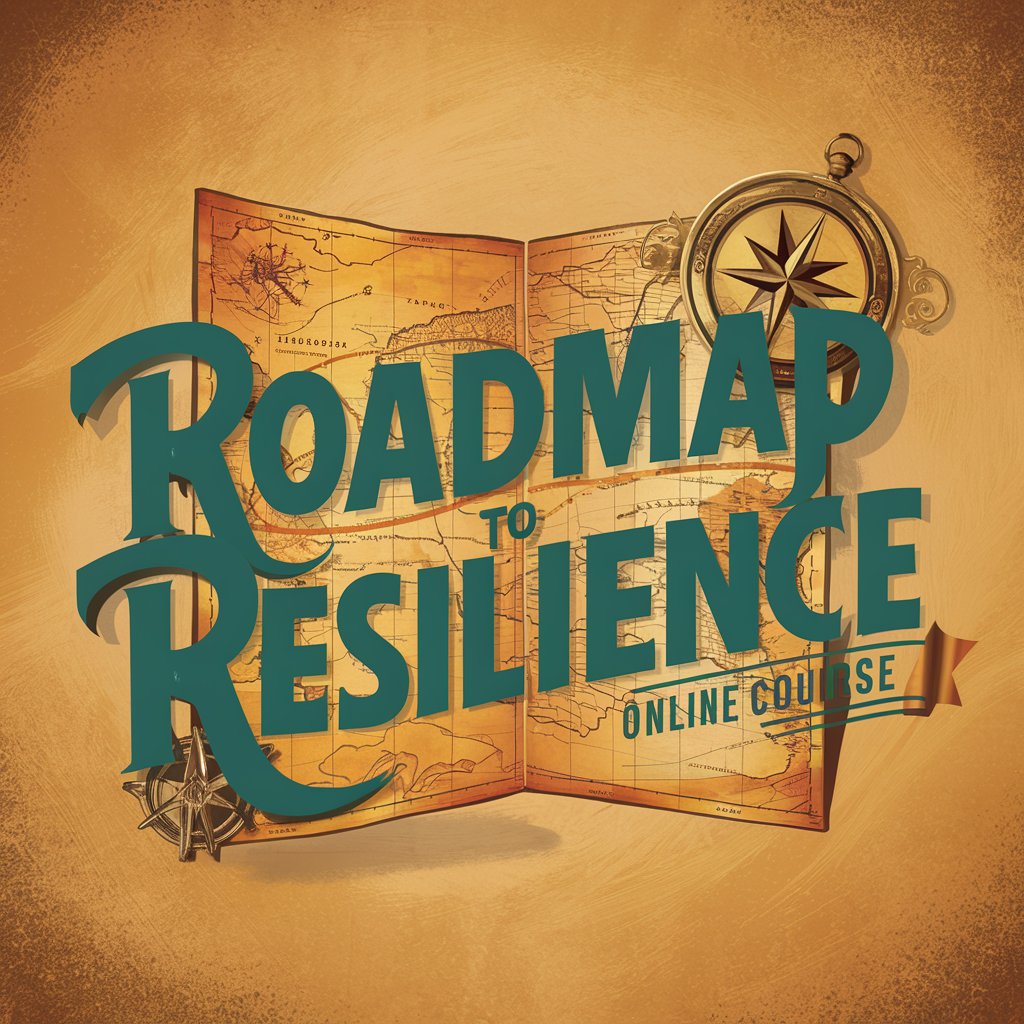
Hit the pause button and regain your footing during a From Troubled to Triumphant Retreat. Imagine walking a peaceful stretch of the Camino de Santiago, where every step helps untangle the mental clutter or spending time with gentle Friesian horses who teach you the art of mindfulness. Whether you choose to make a change or are forced to, this retreat offers the perfect blend of peace, perspective, and playful exploration to help you rise from troubled to triumphant!

In a world that feels increasingly unstable — politically, economically, emotionally — what will you do when the rug is pulled out from under you? That’s why I created Survive the Storm — a 7-part online course designed to be a lifeline during a life quake. This is your personal survival toolkit for uncertain times — lovingly crafted and packed with practical tools, emotional support, and soul-nourishing insights to help you stay grounded, resilient, and resourceful when everything around you feels like it’s falling apart. Enrol in How to Survive the Storm Protocol, with or without additional mentoring.
